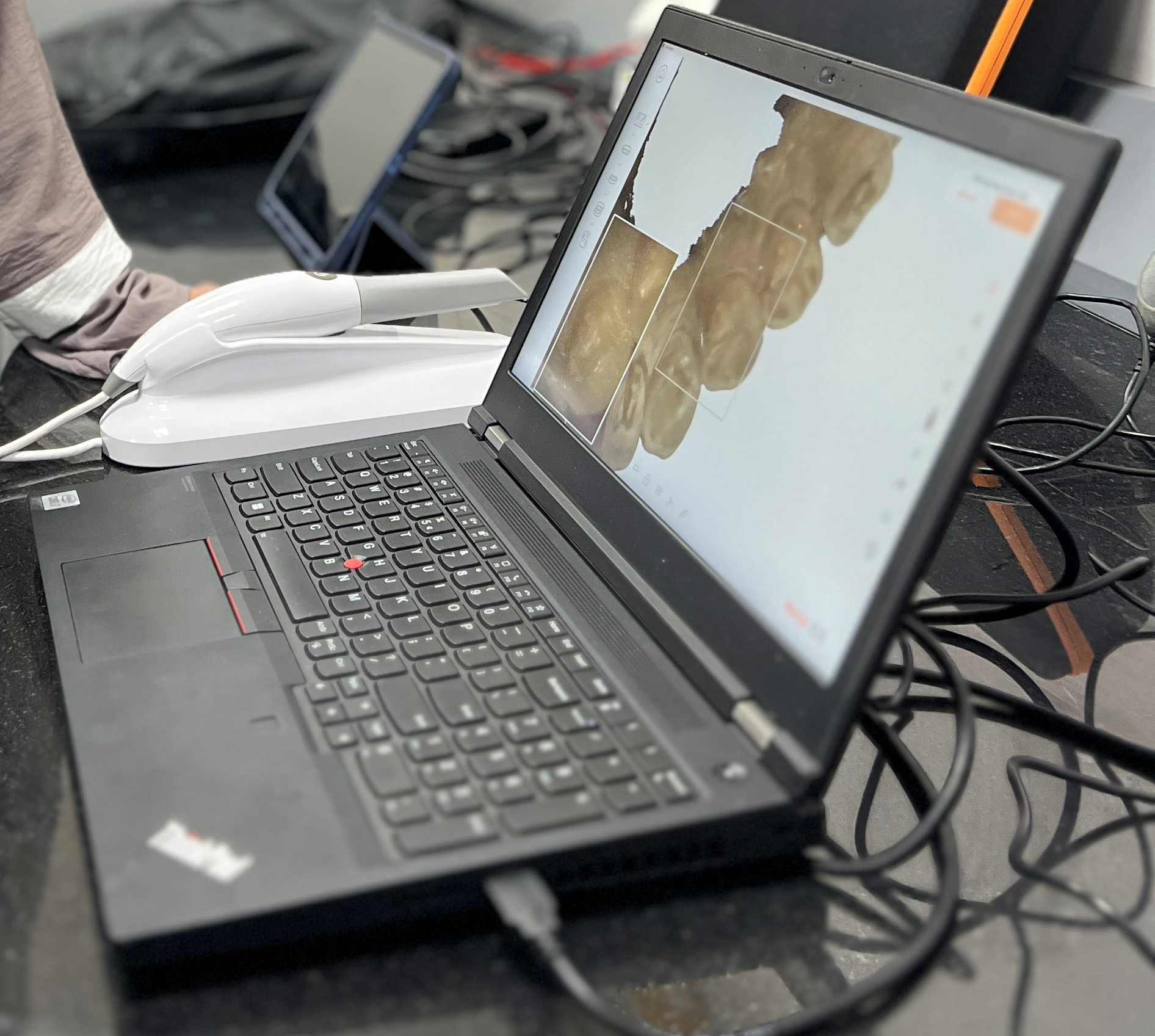International Criminal Justice system is concerned with holding individual responsible for International Crimes. International crimes usually involve the concerted efforts of many individuals, allocating responsibility among those individuals is of critical importance. This Blog explores the meaning and application the joint criminal enterprise( JCE) – that play a central role in that allocation of guilt in international criminal tribunals in International Criminal Justice System.
The Joint Criminal Enterprise(JCE) can be traced back in the year of 1999 of the Tadic case of International Criminal Tribunal for the Yugoslavia( ICTY) .The JCE doctrine was conceived as means to extend criminal liability to all the members of the joint criminal plan. There three types of JCE. JCE-I (liability for a common purpose) requires the shared intent of all the members of the JCE, in which case each of them will be held liable as a co-perpetrator, regardless of the role they played in the commission of the crime. Whereas JCE-II(liability for participation in a common criminal plan within an institutional framework) demands the perpetrator´s personal knowledge of the system of ill-treatment implemented in an institution, such as a concentration camp. In JCE-II , it is understood that every person who knows about the system of ill-treatment – even if he or she only fulfils administrative tasks in the camp – and continues performing his or her task, implicitly shares the criminal intent of the members of the JCE who directly commit the crimes. Consequently, JCE-II requires the same subjective element as JCE I: (explicitly or implicitly) shared intent of the co-perpetrators. On the other hand JCE-III (criminal liability based on foresight and voluntary assumption of risk) says if a member has the intention to participate in and further the criminal purpose of the group, he or she will be held liable as a co-perpetrator for the crimes which were not part of the common criminal design, provided that the commission of the additional crimes by other members was foreseeable and the accused willingly took that risk II.
The objective elements of this form of liability, based on a JCE, are threefold: a plurality of persons; the existence of a common plan, design or purpose; and the participation of the accused in the JCE by any ‘form of assistance in, or contribution to, the execution of the common purpose’. While the objective requirements apply equally to all three categories, the subjective requirements vary with each category. JCE -I requires the shared intent of the co-perpetrators; JCE-II demands the perpetrator’s personal knowledge of the system of ill-treatment and JCE- III requires the perpetrator’s intention (i) to participate in the criminal purpose and further this purpose and (ii) to contribute to the commission of a crime by the group. Responsibility for a crime that was not part of the common purpose arises if the commission of this crime was foreseeable and the accused (willingly) took that risk. The subsequent case law basically followed the Tadic ruling of ICTY ,1999 . As to the new mixed tribunals, only the East Timorese Special Panel for Serious Crimes has to date applied the JCE doctrine.
However, it is submitted that, the judges and prosecutors should be more sensitive and careful to apply the JCE against the low level perpetrators because they may be charged and convicted with large-scale crimes, even though they may have played only a minor role in the mass atrocity that unfolded, or that high-level leaders may be convicted of crimes for which their responsibility appears tenuous, at best. While we believe that even the most sprawling form of JCE may be appropriate in some cases involving the most senior leadership we do not believe that high rank alone should guarantee conviction as a principal perpetrator for all ensuing crimes. Our case for a more careful use of joint criminal enterprise rests not just on the culpability principle, but also upon the importance of transitional justice and human rights analysis to international criminal law.
Author:
Dr. Sanjay Kumar Pandey, Associate Professor & Director – CCJR, Unitedworld School of Law (UWSL)
Disclaimer: The opinions / views expressed in this article are solely of the author in his / her individual capacity. They do not purport to reflect the opinions and/or views of the College and/or University or its members.






